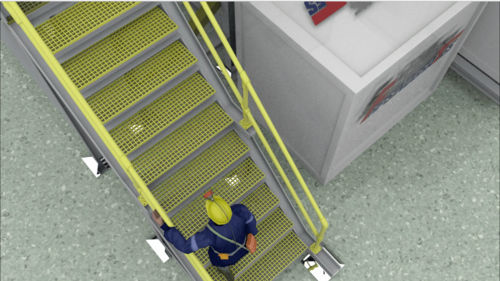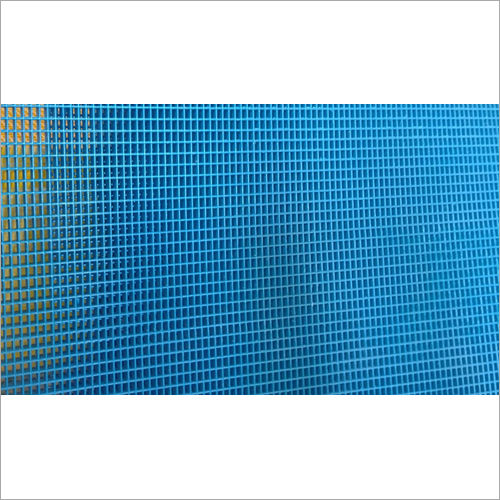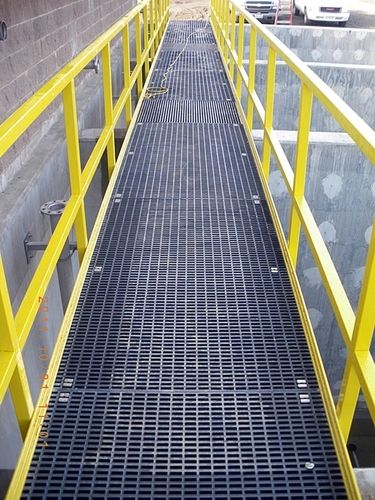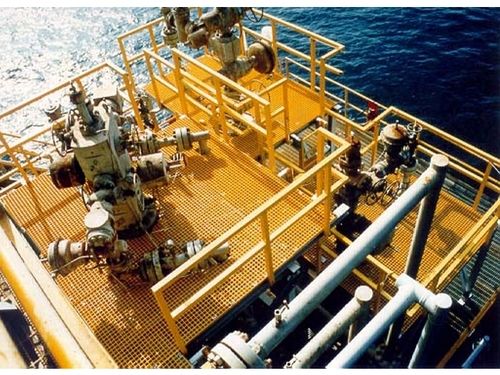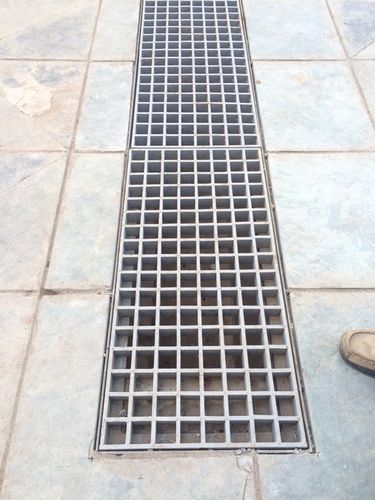FRP Gratings Staircase
1000 INR/Piece
Product Details:
- Shape Rectangle
- Usage STAIRCASE
- Size Customized
- Product Type FRP STAIRCASE
- Material Fiberglass
- Application STAIRCASE
- Surface Treatment Polishing
- Click to View more
X
FRP Gratings Staircase Price And Quantity
- 100 Piece
- 1000 INR/Piece
FRP Gratings Staircase Product Specifications
- STAIRCASE
- Customized
- Fiberglass
- Rectangle
- Polishing
- FRP STAIRCASE
- STAIRCASE
FRP Gratings Staircase Trade Information
- Vadodara
- Cash Advance (CA)
- 10000 Piece Per Week
- 10 Days
- STANDARD PACKING
- Asia
- All India
- na
Product Description
Fiber Reinforced Plastic (FRP) gratings are often used in staircases due to their lightweight design, corrosion resistance, and durability. When considering FRP gratings for staircase applications, several factors should be taken into account to ensure safety and functionality:
Anti-Slip Properties: Staircases can be prone to slipping accidents, especially in wet or slippery conditions. Choose FRP gratings with anti-slip surfaces to enhance traction and improve safety for users.
Load-Bearing Capacity: Ensure that the FRP gratings used in staircases have the appropriate load-bearing capacity to support the weight of individuals using the stairs. Consider both static and dynamic loads in the design.
Corrosion Resistance: Staircases in outdoor or industrial environments may be exposed to the elements or corrosive substances. FRP gratings are known for their corrosion resistance, making them suitable for such conditions.
Lightweight Design: FRP gratings are lightweight, making them easy to handle during installation. This characteristic can be advantageous when constructing staircases, especially in applications where weight is a concern.
High Strength: Despite their lightweight nature, FRP gratings have a high strength-to-weight ratio, providing structural integrity while supporting the loads typically experienced in staircase applications.
Non-Conductive: FRP is a non-conductive material, making it safe for use in electrical environments. If the staircase is located near electrical components, the non-conductive nature of FRP is an advantage.
UV Resistance: If the staircase is exposed to sunlight, choose FRP gratings that are UV resistant to prevent degradation over time.
Customization: FRP gratings can be customized to fit specific design requirements, including size, mesh configuration, and color. This flexibility allows for tailored solutions based on the aesthetics and requirements of the staircase.
Low Maintenance: FRP gratings generally require minimal maintenance. Regular cleaning may be sufficient to keep them in good condition, contributing to long-term cost savings.
Durability: FRP gratings are durable and resistant to impact, making them suitable for staircases that may experience heavy foot traffic.
Fire Resistance: Depending on safety regulations and specifications, consider FRP gratings with fire-resistant properties for increased safety in case of a fire.
When selecting FRP gratings for staircases, it's crucial to work closely with the manufacturer or supplier. They can provide guidance on the specific type of FRP grating that best suits the intended application, taking into account factors such as load requirements, safety considerations, and compliance with relevant industry standards. Regular inspections and maintenance are important to ensure the continued effectiveness and safety of the FRP gratings in staircase applications.
Tell us about your requirement

Price:
Quantity
Select Unit
- 50
- 100
- 200
- 250
- 500
- 1000+
Additional detail
Mobile number
Email
